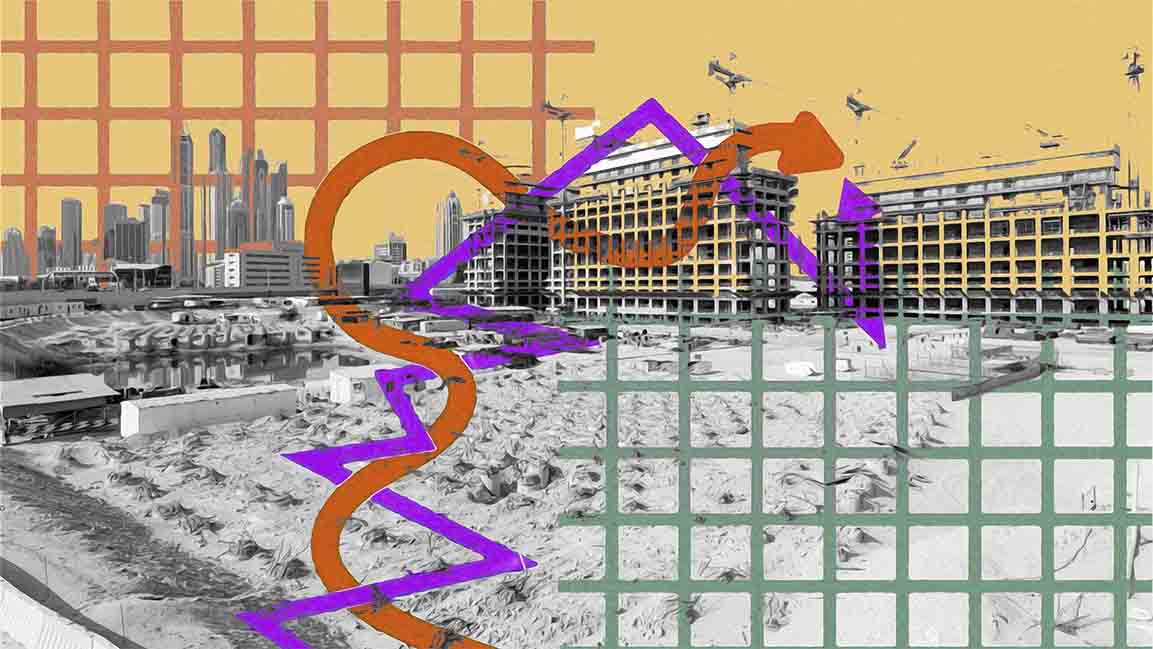- | 12:00 pm
Why the MENA region need to talk about urban regeneration
A new report says unplanned settlements cause disruption to economic, environmental, and social statuses.

Urban regeneration is crucial in the Middle East and North Africa (MENA) as unplanned, or informal settlements continue to grow rapidly. While efforts to revitalize urban spaces in decline or disrepair have often been met with suspicion, there’s a need to integrate environmental, social and governance (ESG) principles into their urban regeneration strategies and an inclusive space that preserve cultural heritage.
While several nations, including Bahrain, Saudi Arabia, and the UAE, have set out net-zero strategies recognizing the significance of maintaining cohesive and healthy societies, a new Strategy& Middle East report states that 40% of the populations of both Cairo and Makkah live in informal settlements. Karim Abdallah, Partner with Strategy& Middle East, adds that as recently as 2018, 31% of those residing in the region lived in cities with decaying neighborhoods. “Our analysis shows that it would cost the region $500 billion to regenerate a sample of 15 densely populated cities – such as in Saudi Arabia, the UAE, Qatar, Egypt, Iraq, Syria, and Jordan,” says Abdallah.
Several urban regeneration projects are already underway in the region, such as Jeddah’s Al Balad district and Sharjah’s downtown area, and the report emphasizes finding a balance between improvement without gentrification, meeting housing demands while preserving neighborhood aesthetics.
The report suggests that an ESG strategy can meet these ends. This is proven to work, as in 2021 alone, over $1.6 trillion in sustainable debt was issued, with a third of that linked to ESG targets. “When linked to ESG principles, urban regeneration acts as a powerful tool to mitigate the common challenges of regeneration. Whether we’re talking about better infrastructure, construction efficiencies or energy efficiency, sustainability is integral to the environmental goal,” says Charly Nakhoul, Partner with Strategy& Middle East.
A similar approach outlined by the report is the Learn, Integrate, Fix, Earn, otherwise known as LIFE, method for urban regeneration. By learning from residents, businesspeople, and property owners, city planners can understand the city’s context and the community’s needs.































